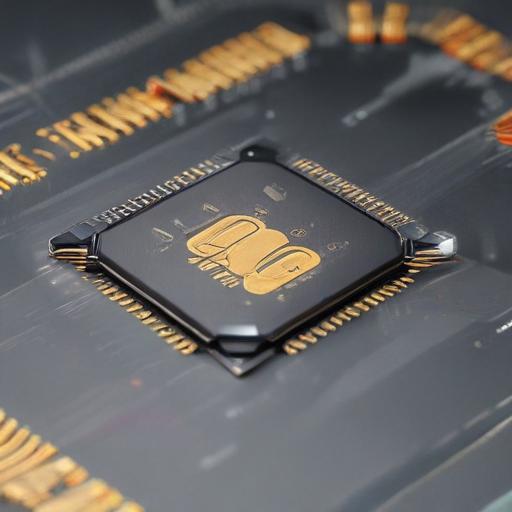The White House is weighing a move to take equity stakes in companies that receive funding under the 2022 CHIPS Act, a policy shift that would introduce a form of taxpayer-backed ownership into U.S. chipmaking programs. A White House official told Reuters that the administration does not plan to seek equity stakes in larger firms expanding U.S. investments, such as Taiwan Semiconductor Manufacturing Co. (TSMC) and Micron Technology.
The official confirmed a Wall Street Journal report that the administration does not intend to take equity stakes in Micron or TSMC as they increase their U.S. investments. By contrast, Commerce Secretary Howard Lutnick said the government is examining the possibility of taking a 10% stake in troubled chipmaker Intel and suggested further stakes could follow at other grant recipients. “If we’re going to give you the money, we want a piece of the action for the American taxpayer,” Lutnick told CNBC. He added that while the Biden administration had previously been providing funds “for free” to companies such as Intel and TSMC, a shift toward equity stakes was being considered, contrasting it with Donald Trump’s stance on equity for the funds.
The context for these discussions includes Intel, Micron, TSMC, and Samsung as among the largest CHIPS Act funding recipients, with much of the program’s money still to be disbursed. The Commerce Department, which oversees the CHIPS and Science Act, approved $6.6 billion in subsidies last year for TSMC to manufacture semiconductors in the United States. The overall CHIPS Act program totals about $52.7 billion, and authorities have indicated that almost all funds have not yet been disbursed.
TSMC has reportedly discussed the possibility of returning subsidies if the administration seeks to become a shareholder, the Wall Street Journal said. The White House and TSMC declined to comment on the reported discussions, while Micron did not immediately respond. The administration’s stance comes as it navigates its broader approach to supporting domestic semiconductor manufacturing, while Trump has previously signaled opposition to continuing the CHIPS Act program.
Context and implications
– A shift to equity stakes would represent a fundamental change in how CHIPS Act funds are deployed, tying government investment to potential upside in recipients.
– The idea of a 10% stake in Intel, if pursued, would raise questions about governance influence, accountability, and how such holdings would be valued and managed.
– Observers will be watching for any formal policy announcements, the criteria used to decide which companies receive stakes, and how disbursed funds would be reconciled with potential equity interests.
Outlook
If the administration proceeds with selective equity stakes, the policy could be framed as ensuring taxpayer returns on government spending while maintaining support for domestic chip supply resilience. Critics, however, may worry about government interference in company strategy and competitive dynamics. Regardless, this development signals a potential recalibration of how the United States leverages CHIPS Act investments to bolster national semiconductor capabilities.
Summary: The White House is evaluating equity stakes in CHIPS Act recipients, with a reported focus on a possible 10% stake in Intel and assurances that there would be no similar stakes in larger firms like TSMC and Micron. The move contrasts with past approaches of straightforward subsidies and comes as competition and domestic investment in U.S. chip production continue to unfold. Additional commentary and official clarifications are anticipated as the policy discussion progresses.
